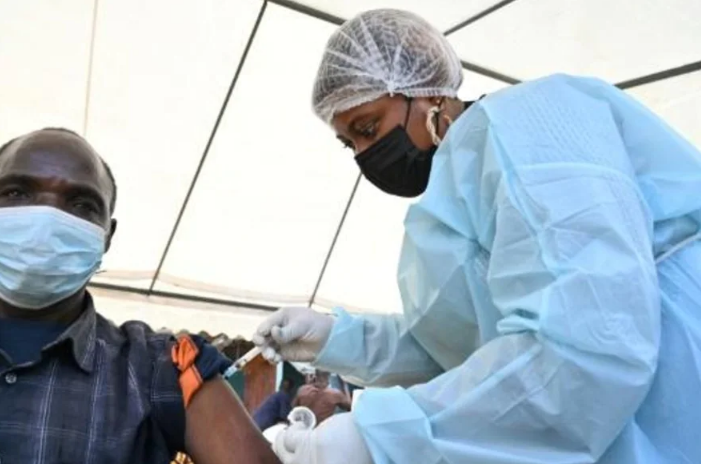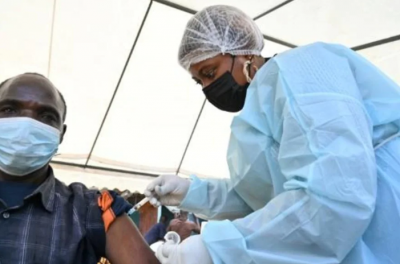The World Health Organization (WHO) has reported a suspected second case of Ebola virus infection involving individuals who were in contact with nine people currently being monitored after a prior case was confirmed. WHO spokesperson Tarik Jasarevic stated in a release from Geneva on Tuesday, "Regarding the numbers, there are two cases, one is confirmed and it is a young woman, and there is a suspected case." He added that "there are currently nine individuals identified as contacts of the young woman."
The first case of Ebola hemorrhagic fever was discovered on Saturday in the economic capital, Abidjan, involving an 18-year-old Guinean who arrived in Ivory Coast on August 11 from the city of Labe in northern Guinea after traveling over 1,500 kilometers by land. The patient is currently receiving treatment at a hospital in Abidjan, and a vaccination campaign for healthcare workers against the Ebola virus began on Monday.
Journalists from AFP reported that residents in an area of Abidjan where the young Guinean stayed were vaccinated on Tuesday. Health Minister of Ivory Coast Pierre Dimba stated, "We know that the patient stayed here before going to the hospital, so we had to vaccinate all the people around her." He also mentioned that he expects "the number of contacts to reach two thousand in the coming days" from those who traveled with her and those who had contact with these travelers.
Search efforts continue for individuals who were in contact with this young woman in her original region in Guinea. Doctor Mamadou Hadi Diallo, head of health in Labe, told AFP, "Currently, all family members are with us in an isolation center, and we are continuing investigations to identify contacts," noting that authorities "do not know if the young woman acquired the virus in Labe or during her journey to Ivory Coast through the forests of Guinea in Nzerekore."
The Ebola epidemic spread from the forests of Guinea in 2021, as well as between 2013 and 2016 in West Africa, claiming the lives of over 11,300 people, most of them in Guinea (2,500 deaths), Liberia, and Sierra Leone, three of the poorest countries in the world. The WHO states that the actual toll is higher. The organization has expressed "great concern" due to the infection being recorded in Abidjan, a city with a population of over four million, just two months after the declaration of the end of the epidemic in Guinea in 2021.




